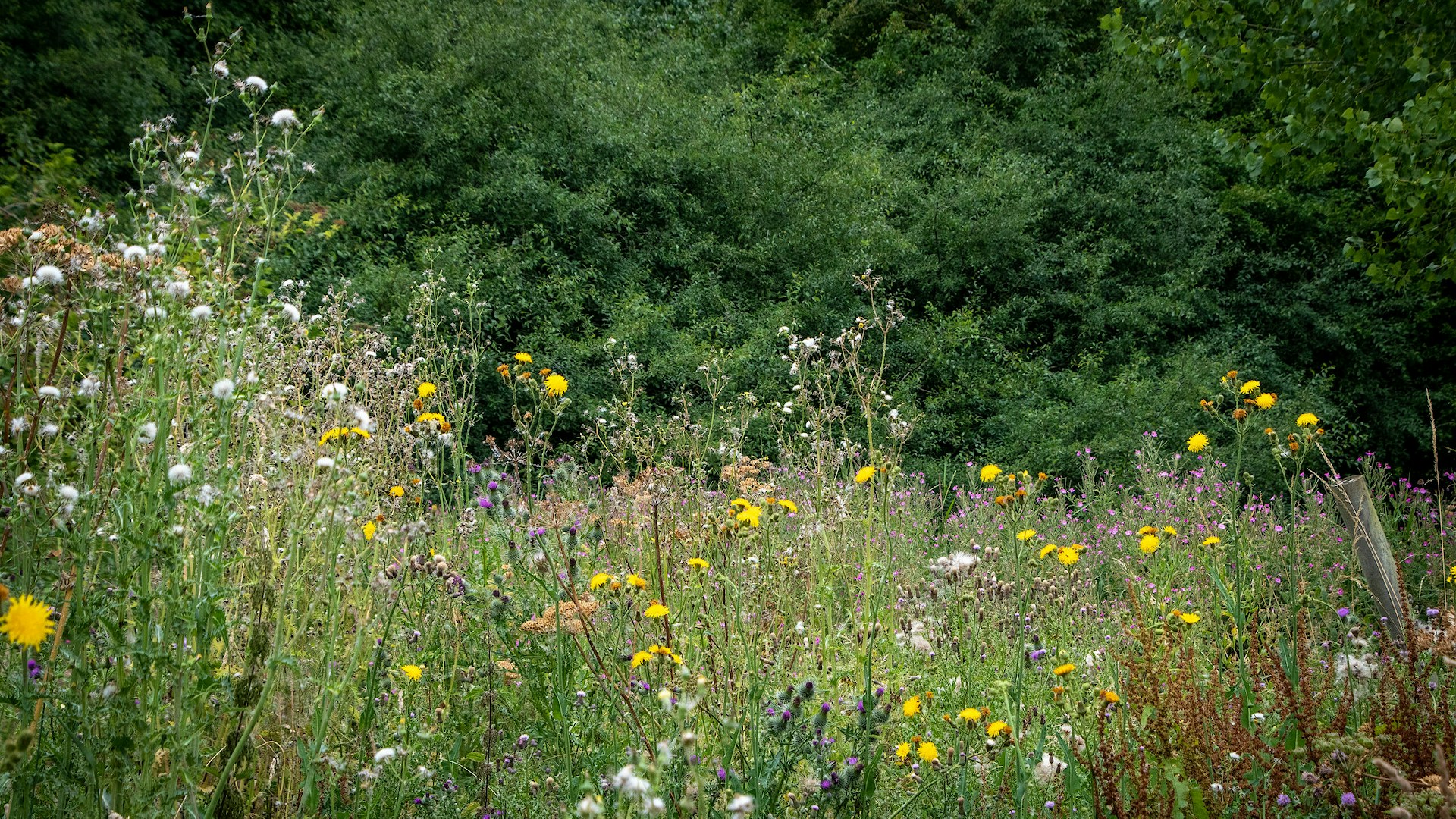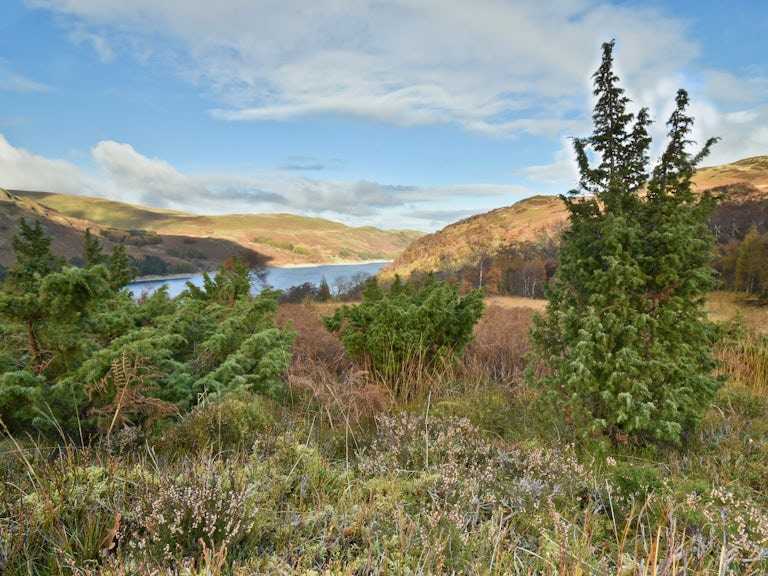Rewilding Britain calls for game-changing shift in nature funding to turbocharge rewilding

A radical shift in nature recovery funding and investment is needed to ensure the progression of large-scale nature restoration in Britain to combat the nature and climate crises, says a new report from Rewilding Britain and Terranomics.
As the rewilding movement grows across Britain, major rewilding projects are struggling to navigate a confusing funding landscape, government funding schemes are under-delivering, and rewilding projects and funders are frequently not finding each other, the report identifies.
Rewilding is subsequently being held back in Britain, which is not only undermining action on the biodiversity and climate emergencies but is also depriving communities, farmers, landowners and investors of opportunities, according to Rewilding Britain.
The new Rewilding Finance report produced by charity Rewilding Britain with consultancy Terranomics offers a set of recommendations as a blueprint which it says could help propel a vital, game-changing shift in nature funding and investment
Rebecca Wrigley, CEO of Rewilding Britain, said: “More and more people are wanting to undertake rewilding; a movement that, if encouraged, would make great waves in achieving the government’s nature and climate commitments. It’s imperative that it is made as easy as possible financially for those undertaking rewilding to be able to do so.”
“This is about choice,” said Rebecca Wrigley. “Land is a vital, productive resource – for biodiversity, climate, food, our economy, health and wellbeing. With the political will of our next government and sustained funding, a richer, wilder Britain – with rewilding across 30% of land and sea, working hand-in-hand with sustainable, nature-led farming and forestry – is possible.”
The Rewilding Finance report outlines five key recommendations across the public and private investment sectors, rewilding projects and partners to help build a stronger nature-recovery investment system, empowering both those undertaking rewilding and investors to connect and make long-term investments in nature restoration to benefit people, nature and climate. The report calls for bolder political commitment from the UK and devolved governments to build long-term investment in rewilding, including through secure public funding for major projects.
“It’s imperative that it is made as easy as possible financially for those undertaking rewilding to be able to do so.”

Rebecca Wrigley
Chief Executive

The report emphasises that major investment can be achieved by building the capacity of trusted locally and community-led partnerships or ‘anchor institutions’ to co-design large-scale investable rewilding initiatives, with environmental, economic and social benefits shared fairly. It recommends that the private and philanthropic sectors should rapidly upscale high-integrity investment in rewilding, to support a gold-standard range of confidence-boosting initiatives.
“In this report we have joined forces with Rewilding Britain to lay out a vision for enhancing Britain’s funding landscape to seize and upscale the extensive opportunities rewilding offers,” said Chris Knight, Director of Terranomics.
“Whilst philanthropic funding for nature is growing, the proportion of foundation spending on the environment relative to other issues in the UK is still just 6%. We believe nature is worth investing in, and want that process to be easier, clearer and more beneficial for the benefit of all.”
Despite a wide variety of investment opportunities available to rewilding projects through public and private finance, a survey of Rewilding Britain’s Rewilding Network – a network of almost 1,000 rewilding projects working across Britain – revealed that large-scale rewilding projects are struggling to navigate a confusing funding landscape and access available revenue streams.
The report details how rewilding projects seeking funds and funders willing to invest in nature recovery are frequently not finding each other, risking vital opportunities for large-scale rewilding.
Ecosystem restoration company Nattergal has purchased three low grade agricultural sites since its inception two years ago, one of which – Boothby Wildland in Lincolnshire – has been supported with funding from the government’s Environmental Land Management (ELM) scheme.
“This government support has helped Nattergal develop our long-term restoration plans until other natural capital income sources really take off,” said Ben Hart, Head of Operations at Nattergal.”
“In an ideal world, direct corporate sponsorship – for example through purchase of natural capital credits — would account for the majority of Nattergal’s income, alongside government support and other areas such as ecotourism. It can be really challenging for rewilding projects to access private investment, as the resource required to do so can often go beyond what the project can give. The recommendations in this report would really help harness high integrity investment, thereby boosting rewilding across Britain.”
Rewilding Britain is official launched the Rewilding Finance Report at a panel event in Edinburgh on 5th June 2024.



